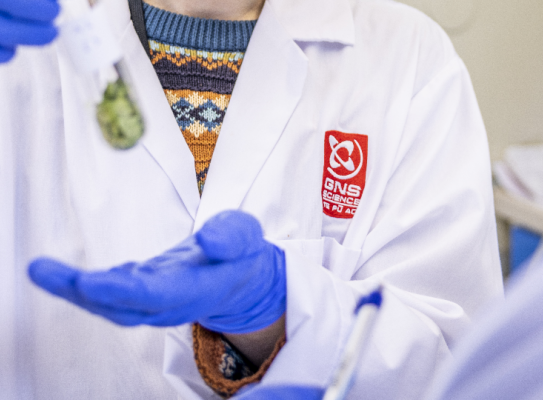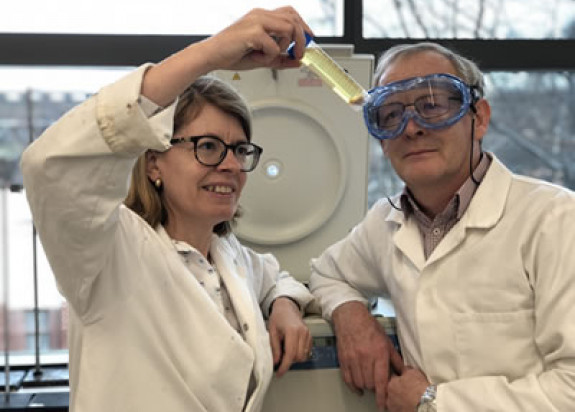Sharing food authentication techniques with developing nations

GNS Science and the University of Otago recently joined forces to upskill developing countries in Asia and the Pacific in techniques for food authentication.
In an International Atomic Energy Agency-funded project, 22 scientists from across the Pacific attended a hands-on course at Otago University learning chemical techniques to authenticate and detect adulteration in various foods such as honey, cereal, rice, dairy products and tea.
Adulteration of food is a significant problem, especially in some developing nations, that can undermine consumer confidence and cause serious health problems.

Isotope chemist Karyne Rogers, of GNS Science’s National Isotope Centre, said the project was a practical strategy to help Pacific and Asian nations achieve and sustain skills in food verification and authentication.
“The 22 scientists had access to facilities they may not have in their home countries, and this is invaluable in helping them distinguish adulterated food from legitimate food,” Dr Rogers said.
The increase of global trade, complexity of supply chains, and premium prices being paid for some commodities, have increased the incidence of fraudulent food. Honey and rice are prominent examples where this can occur.
“One of the main tools for ensuring food safety is a traceability system, which provides consumers with confidence their food comes from a supplier with appropriate food safety and quality measures.
“However, all such systems can be subject to fraud so a system that can verify food origin, and audit the traceability control systems, is needed,” she said.
The project would result in the establishment of a regional consortium of scientists and end-users to strengthen cooperation plus the setting up of agreed and harmonised standards, protocols and procedures. In addition, consortium members would develop a web database for archiving information for the region.
The ultimate beneficiaries will be consumers, through enhanced confidence that the food they buy is authentic and that it adheres to the required food safety regulations.
The scientists involved in the project spent two weeks in New Zealand undergoing training and will have further training courses in Sri Lanka, Thailand, and China over the next three years.